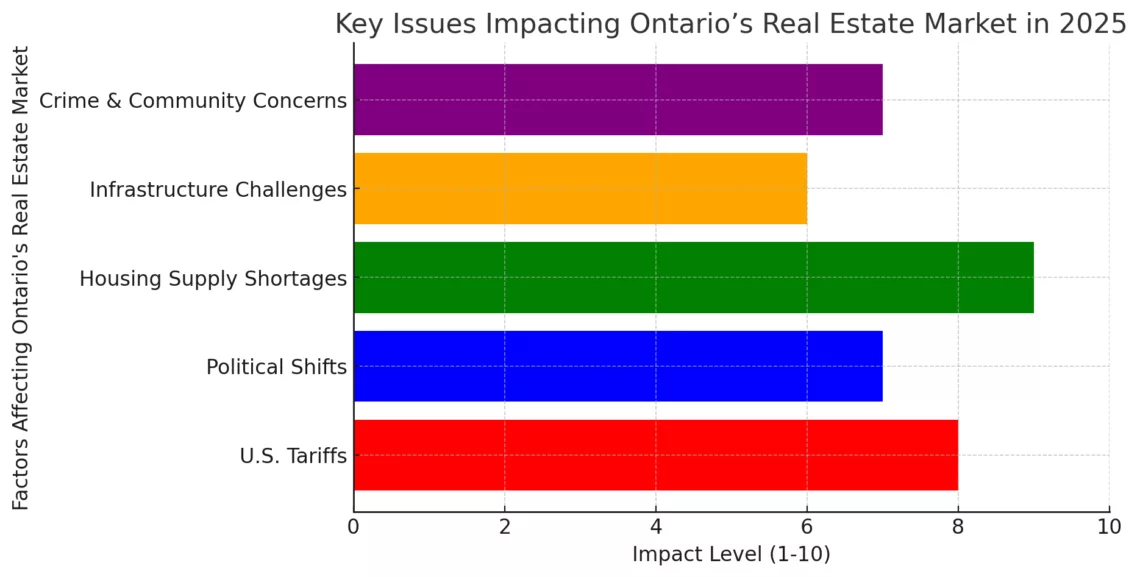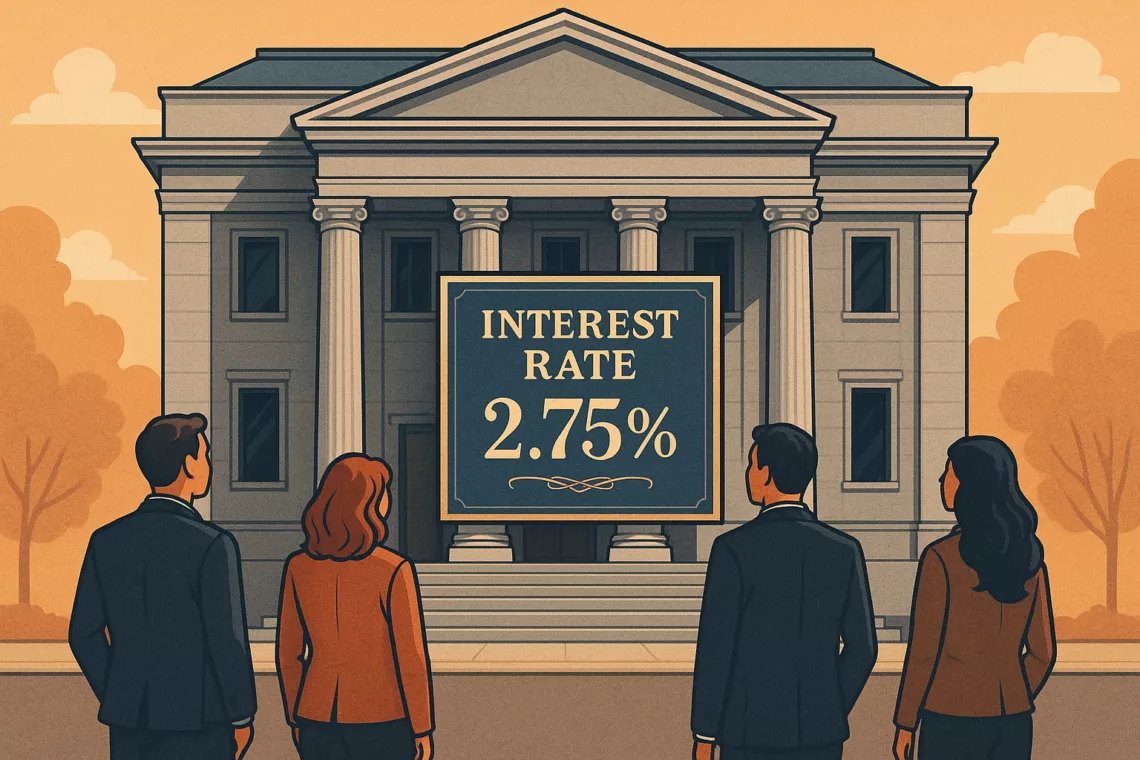
How the Canada Election 2025 & Ontario Provincial General Election Impact GTA’s Real Estate Market
As the Greater Toronto Area (GTA) continues to evolve, its real estate market faces major changes in 2025. With the Ontario Provincial General Election happening tomorrow, February 27, 2025, alongside the Canada Election 2025, new economic pressures from U.S. tariffs and Prime Minister Justin Trudeau’s recent resignation could have significant effects on housing policies, infrastructure projects, and community development. For homebuyers, sellers, and investors in regions like Peel Region, Brampton, Mississauga, Toronto, Markham, and Richmond Hill, staying informed is essential.
GTA: A Changing Market Amid Economic Uncertainty
The GTA, which includes major cities such as Toronto, Mississauga, Brampton, Markham, and Richmond Hill, remains one of Canada’s most sought-after real estate markets. With its diverse communities, strong job opportunities, and expanding infrastructure, the region continues to attract homebuyers and investors. However, high interest rates, shifting economic policies, and supply shortages have created affordability challenges across the region.
As voters head to the polls in the Ontario Provincial General Election, key decisions will be made that could shape housing affordability, development projects, and economic policies in cities across the GTA, including Peel Region, York Region, and Durham Region.
Key Issues Impacting GTA Real Estate in 2025
1. U.S. Tariffs & Economic Uncertainty
Former U.S. President Donald Trump’s proposed 25% tariff on Canadian goods is expected to impact housing markets across the GTA, particularly in growing suburban areas such as Brampton, Mississauga, and Markham. These tariffs could lead to higher costs for construction materials, delaying new developments and further tightening housing supply in key regions.
With Peel Region and York Region already struggling to meet provincial housing targets, increased costs may lead to further project slowdowns. This could result in affordability challenges, particularly for first-time homebuyers looking to enter the market in cities like Richmond Hill and Vaughan.
2. Ontario Provincial Election & Housing Policies
The Ontario Provincial General Election on February 27, 2025, will be pivotal in determining the future of housing policies in the GTA. Candidates are expected to focus on solutions to increase housing supply, improve transit infrastructure, and address affordability concerns. Proposed changes in zoning laws and development incentives will particularly impact fast-growing areas like Brampton, Markham, and Mississauga, where population growth continues to outpace housing development.
A change in government could lead to new policies that either ease or further complicate homeownership and investment opportunities in Toronto and its surrounding regions. Voters in York Region, Durham Region, and Peel Region should pay close attention to how each party plans to tackle these real estate challenges.
3. Housing Supply & Infrastructure Challenges
The GTA has consistently struggled to keep up with housing demand, with cities like Toronto, Richmond Hill, and Mississauga facing ongoing supply shortages. Despite planned developments near transit corridors such as the Yonge North Subway Extension, delays and rising costs have slowed progress. Infrastructure investments, including transit expansion projects in Peel and York Regions, will be key election topics as they directly impact accessibility and property values.
With Brampton and Vaughan seeing rapid population growth, government investments in infrastructure will determine how well these regions can accommodate new residents. The outcome of the Ontario Provincial General Election will influence how quickly these projects move forward and whether additional funding is allocated to improve housing availability.
4. Crime, Traffic & Community Concerns
Residents across Toronto, Markham, and Mississauga have raised concerns over increasing property crime, auto theft, and traffic congestion. Richmond Hill and Vaughan, in particular, have reported a rise in auto thefts, impacting homeowners and potential buyers in these areas. Addressing these concerns will require investments in public safety and urban planning, both of which are hot topics in the upcoming Ontario Provincial General Election.
The election outcome will determine how law enforcement, infrastructure planning, and public safety initiatives are handled, directly affecting real estate markets across the GTA, Peel Region, and York Region.

What This Means for Homebuyers, Sellers & Investors in the GTA
With the Canada Election 2025 and Ontario Provincial General Election shaping the future of real estate in the GTA, here’s what to expect:
- For buyers: Expect continued affordability challenges, especially in high-demand areas like Toronto, Richmond Hill, and Markham. Election outcomes could impact new housing projects and mortgage regulations.
- For sellers: Market conditions may fluctuate based on policy changes. Homeowners in Mississauga, Brampton, and Vaughan should watch for shifts in demand.
- For investors: Political and economic shifts will affect rental markets, particularly in growing suburbs like Peel Region and York Region. Staying informed on tax policies and development incentives is key.
Stay Ahead in the GTA Real Estate Market
The Canada Election 2025 and Ontario Provincial General Election on February 27 will play a critical role in shaping real estate policies across the GTA. Whether you’re buying, selling, or investing in cities like Toronto, Mississauga, Brampton, Markham, and Richmond Hill, understanding these changes will help you make informed decisions.edge you need.t, staying informed will give you the competitive edge you need.

Contact Us
Equip yourself with the knowledge to navigate the complexities of the real estate landscape confidently.



